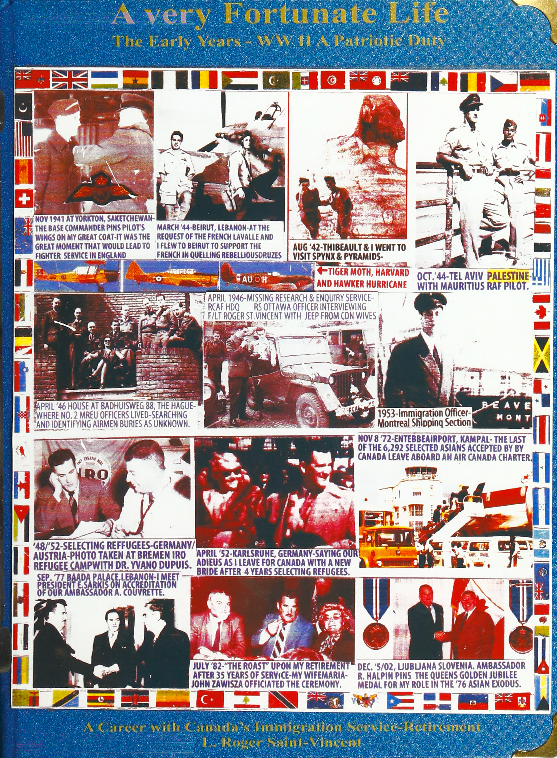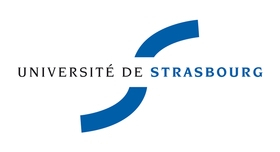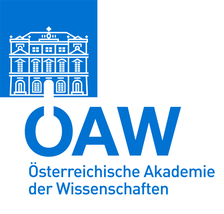From H-Human Rights
This one-day symposium will be held at the Centre d’Histoire de Sciences Po (Paris, France) on Friday 12 June 2020
Historical research on voluntary or non-government organizations and their contribution to the reconstruction of states, communities and humanitarian assistance to civilian populations following conflicts, epidemics and disasters through the twentieth century has generally focused on non-Western European countries. The historiography suggests that it is mostly in Eastern Europe, the Middle East, Asia and Africa that natural or man-made disasters have occurred, and that these places have been the focus for humanitarian assistance. The major geographical spheres of interest for Red Cross societies and non-government organizations to provide assistance to populations in times of severe crises do not generally include Western Europe, except for World War II. Rather, the humanitarian enterprise is viewed through the binary of the Global North/Global South, those who save and those who are saved. Continue reading









